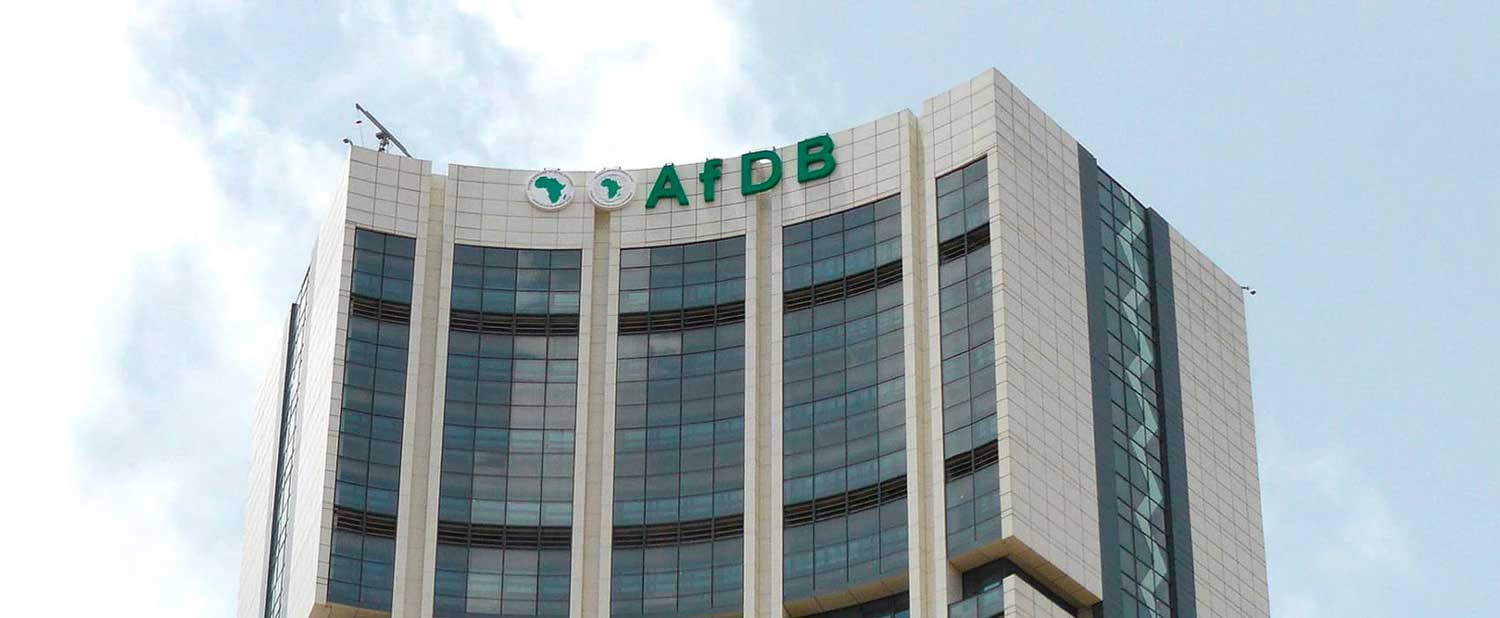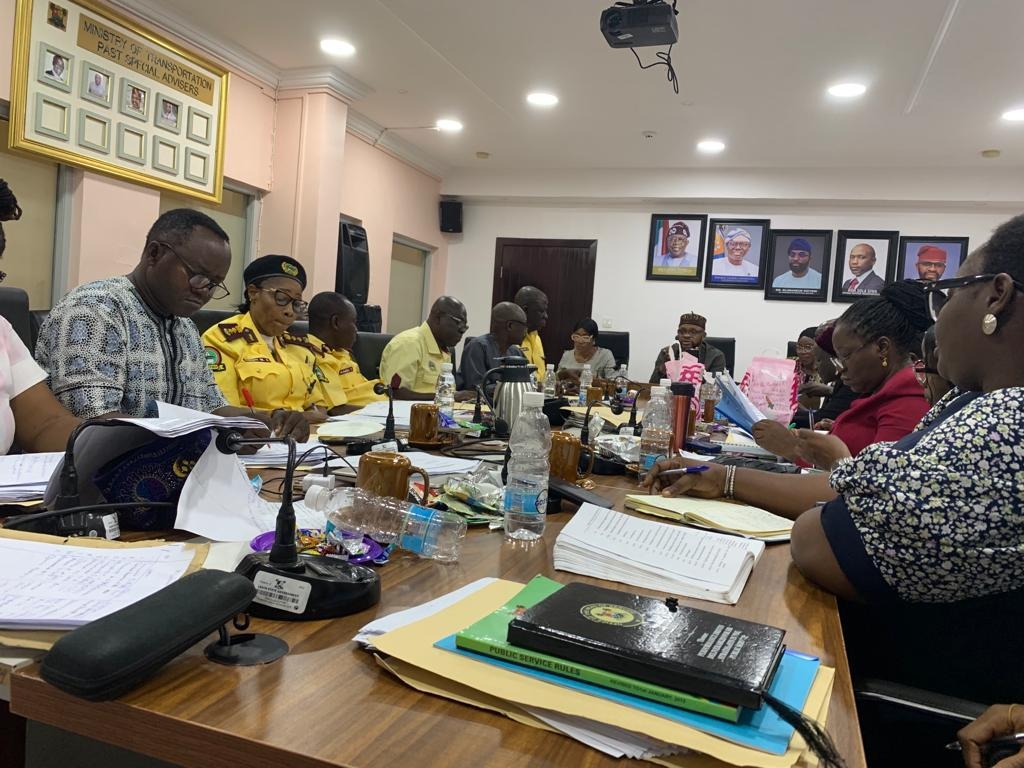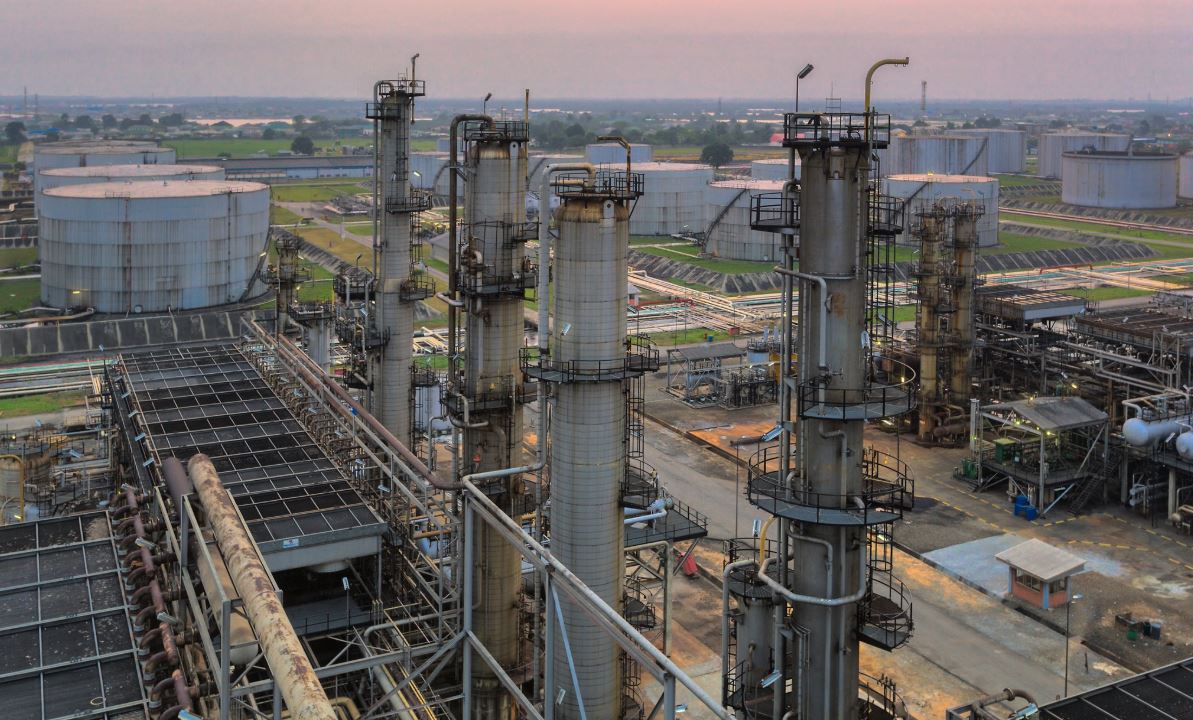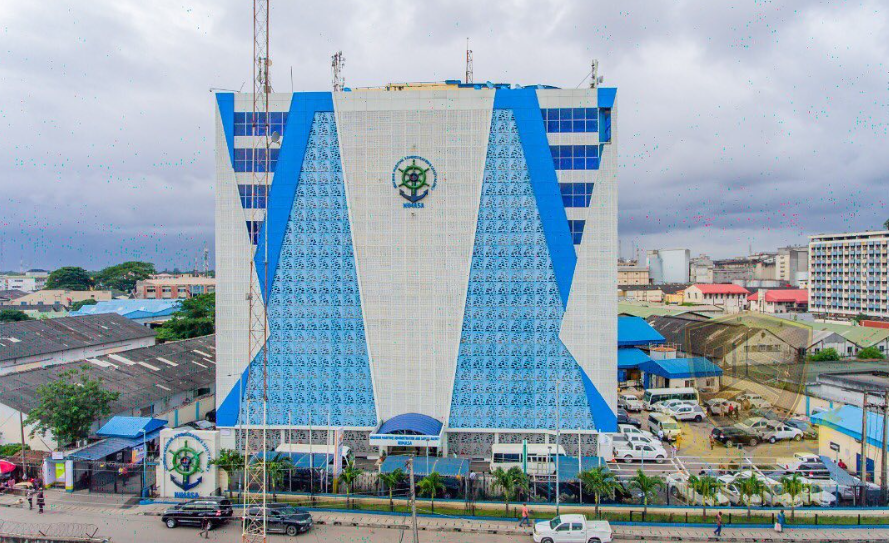The African Development Bank (AfDB) has revised its 2024 economic growth forecast for Africa to 3.8 percent, from 4.3 percent.
AfDB also reviewed its 2023 projection to 3.4 percent — down from an initial 4.0 percent.
The projections were published on Wednesday in a report by the lender, titled, ‘Africa’s Macroeconomic Performance and Outlook (MEO) Update’ — a follow-up to its 2023 Africa economic outlook released in May.
The bank said the slightly lower figures reflect the persistent long-term effects of COVID-19, geopolitical tensions and conflicts, climate shocks, and a global economic slowdown.
Advertisement
The AfDB said the limited fiscal space for African governments to adequately respond to shocks and sustain post-pandemic economic recovery gains was also considered.
“While inflationary pressures are receding globally, they are persistent in Africa and continue to weigh heavily on the continent’s short-to-medium-term economic performance,” the bank said.
“Africa’s inflation is now projected to average 18.5% and 17.1% in 2023 and 2024, respectively.”
Advertisement
In the short term, the bank urged countries to continue to implement restrictive monetary policies to contain inflation.
This, the AfDB said, should be supported by fiscal policies that promote economic diversification and remove supply-side constraints.
Over the medium-to-long term, AfDB called for increased investment in human capital and infrastructure.
“The revised inflation rates represent an acceleration of 3.4 and 7.6 percentage points, respectively, from the earlier projection,” the report said.
Advertisement
“Ongoing inflationary pressure has largely been fuelled by supply shocks in agriculture, stronger imported inflation due to weaker local currencies, relatively high commodity prices, and the persistence of fiscal dominance in several African countries.
“The elevation of cost-of-living pressures has eroded Africans’ purchasing power, stoking the risk of further increases in the incidence of poverty.”
Commenting on the projections, Kevin Urama, AfDB Group’s chief economist and vice-president, said the challenging global economic environment and multiple shocks will continue to influence Africa’s macroeconomic performance.
“The entrenched inflationary pressures threaten to reverse all the macroeconomic gains made since the easing of pandemic risks while the continued depreciation of domestic currencies in many countries has exacerbated debt service costs,” he said.
Advertisement
Urama said AfDB remains resolute in supporting African countries to better navigate regional and global shocks, as well as put economic growth back on track.
Advertisement
Add a comment






